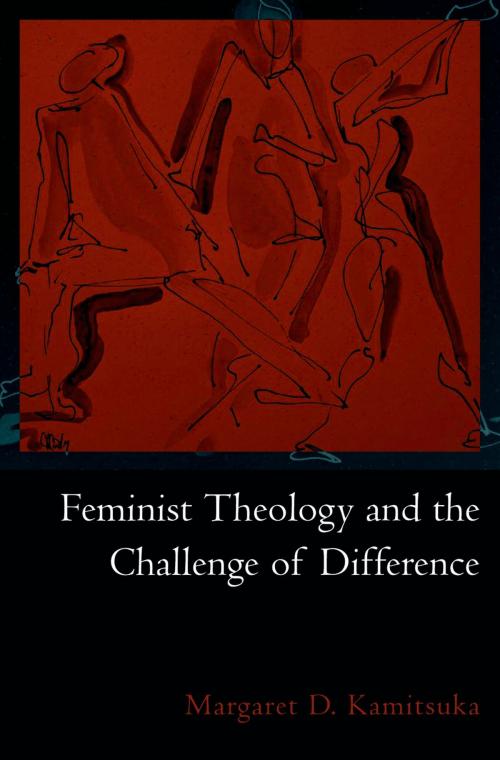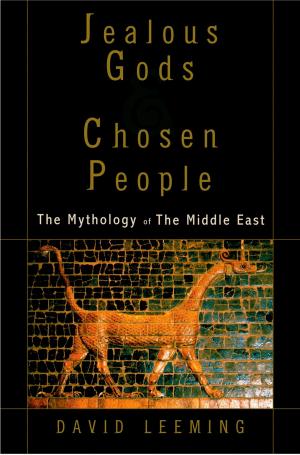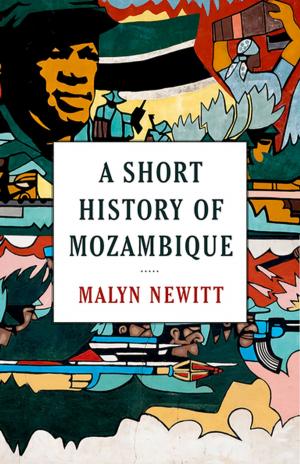| Author: | Margaret D. Kamitsuka | ISBN: | 9780190295196 |
| Publisher: | Oxford University Press | Publication: | July 20, 2007 |
| Imprint: | Oxford University Press | Language: | English |
| Author: | Margaret D. Kamitsuka |
| ISBN: | 9780190295196 |
| Publisher: | Oxford University Press |
| Publication: | July 20, 2007 |
| Imprint: | Oxford University Press |
| Language: | English |
In the early years of contesting patriarchy in the academy and religious institutions, feminist theology often presented itself as a unified front, a sisterhood. The term "feminist theology," however, is misleading. It suggests a singular feminist purpose driven by a unified female cultural identity that struggles as a cohesive whole against patriarchal dominance. Upon closer inspection, the voice of feminist theology is in fact a chorus of diverging perspectives, each informed by a variety of individual and communal experiences, and an embattled scholarly field, marked by the effects of privilege and power imbalances. This complexity raises an important question: How can feminist theologians respect the irreducible diversity of women's experiences and unmask entrenched forms of privilege in feminist theological discourse? In Feminist Theology and the Challenge of Difference, Margaret D. Kamitsuka urges the feminist theological community to examine critically its most deeply held commitments, assumptions, and goals-especially those of feminist theologians writing from positions of privilege as white or heterosexual women. Focusing on women's experience as portrayed in literature, biblical narrative, and ethnographic writing, Kamitsuka examines the assumptions of feminist theology regarding race and sexuality. She proposes theoretical tools that feminist theologians can employ to identify and hopefully avoid the imposition of racial or sexual hegemony, thus providing invaluable complexity to the movement's identity, and ultimately contributing to current and future Christian theological issues. Blending poststructuralist and postcolonial theoretical resources with feminist and queer concerns, Feminist Theology and the Challenge of Difference makes constructive theological proposals, ranging from sin to christology. The text calls feminist theologians to a more rigorous self-critical approach as they continue to shape the changing face of Christian theological discourse.
In the early years of contesting patriarchy in the academy and religious institutions, feminist theology often presented itself as a unified front, a sisterhood. The term "feminist theology," however, is misleading. It suggests a singular feminist purpose driven by a unified female cultural identity that struggles as a cohesive whole against patriarchal dominance. Upon closer inspection, the voice of feminist theology is in fact a chorus of diverging perspectives, each informed by a variety of individual and communal experiences, and an embattled scholarly field, marked by the effects of privilege and power imbalances. This complexity raises an important question: How can feminist theologians respect the irreducible diversity of women's experiences and unmask entrenched forms of privilege in feminist theological discourse? In Feminist Theology and the Challenge of Difference, Margaret D. Kamitsuka urges the feminist theological community to examine critically its most deeply held commitments, assumptions, and goals-especially those of feminist theologians writing from positions of privilege as white or heterosexual women. Focusing on women's experience as portrayed in literature, biblical narrative, and ethnographic writing, Kamitsuka examines the assumptions of feminist theology regarding race and sexuality. She proposes theoretical tools that feminist theologians can employ to identify and hopefully avoid the imposition of racial or sexual hegemony, thus providing invaluable complexity to the movement's identity, and ultimately contributing to current and future Christian theological issues. Blending poststructuralist and postcolonial theoretical resources with feminist and queer concerns, Feminist Theology and the Challenge of Difference makes constructive theological proposals, ranging from sin to christology. The text calls feminist theologians to a more rigorous self-critical approach as they continue to shape the changing face of Christian theological discourse.















